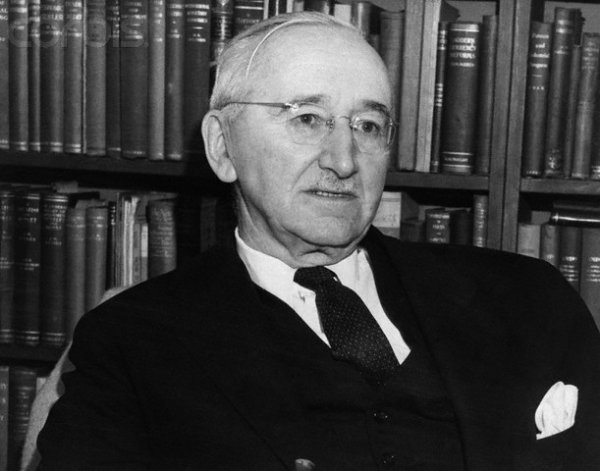Pretense of Knowledge
Wall Street breathlessly awaits the newest payrolls report, which is widely held to contain the information needed for the FOMC to decide whether or not it should raise the overnight interbank lending rate from zilch to zilch plus a few basis points later this month.

photo via plantsbrookschool.co.uk
The payrolls report is going to be revised umpteen times after its initial release, is in many ways driven by statistical artifacts (such as the “birth-death” model) and concerns a lagging economic indicator – in other words, its “signal to noise” ratio makes it utterly useless, even if one erroneously ascribes a lot of meaning to economic statistics describing the past.
Click on picture to enlarge

Change in monthly non-farm payrolls in 1000ds, via Saint Louis Federal Reserve Research
And yet, this utterly devoid of informational content data point is what the central planning bureaucrats are held to need to decide on their next steps in terms of interest rate manipulation! We are continually surprised by the fact that people can discuss this obvious nonsense with a straight face.
In this context we have recently come across an interesting article at Forbes, by sound money and free market advocate Ralph Benko. It is entitled “If The Fed Is Always Wrong How Can Its Policies Ever Be Right?” and is well worth the read. As Mr. Benko points out, the Fed’s economic forecasts leave a lot to be desired, primarily because they tend to be dead wrong with unwavering regularity.
He proceeds to ask how a bureaucracy that couldn’t forecast its way out of a paper bag can possibly know what policies it should implement. It seems totally absurd to expect it to be able to ever get it right, except perhaps by sheer accident.

Mr Benko inter alia quotes from F. A. Hayek’s famous Nobel Prize speech “The Pretense of Knowledge” (a speech that may have made his hosts regret their decision to award him the prize):
“We have indeed at the moment little cause for pride: as a profession we have made a mess of things. It seems to me that this failure of the economists to guide policy more successfully is closely connected with their propensity to imitate as closely as possible the procedures of the brilliantly successful physical sciences — an attempt which in our field may lead to outright error.
It is an approach which has come to be described as the “scientistic” attitude — an attitude which, as I defined it some thirty years ago, “is decidedly unscientific in the true sense of the word, since it involves a mechanical and uncritical application of habits of thought to fields different from those in which they have been formed.” I want today to begin by explaining how some of the gravest errors of recent economic policy are a direct consequence of this scientistic error.”
(emphasis added)

Friedrich Hayek, critic of “scientism” in economics
Photo via Wikimedia Commons
Hayek simply reminded everybody that economics is not akin to the natural sciences and that the attempt to apply the methodologies of the natural sciences to economic problems is therefore bound to lead to nothing but error. We term this tendency “physics envy” – economists want their science to be as “precise” as physics, and are employing mathematical models in the attempt to attain this precision. It seems to us that all of this is based on a fundamental misunderstanding of what economic science actually is.
We certainly do not agree with those who say that economics is a “pseudo-science”, i.e., that it isn’t a science at all. It has become fashionable for critics of the current economic dispensation to make statements to this effect, but they err. Economics is a social science, and as such is certainly fundamentally different from the natural sciences, but that doesn’t mean it isn’t a science. If one insists on averring that economics isn’t a science at all, one implicitly denies the existence of economic laws. However, economic laws do exist, and it can be shown that they do.










Leave A Comment